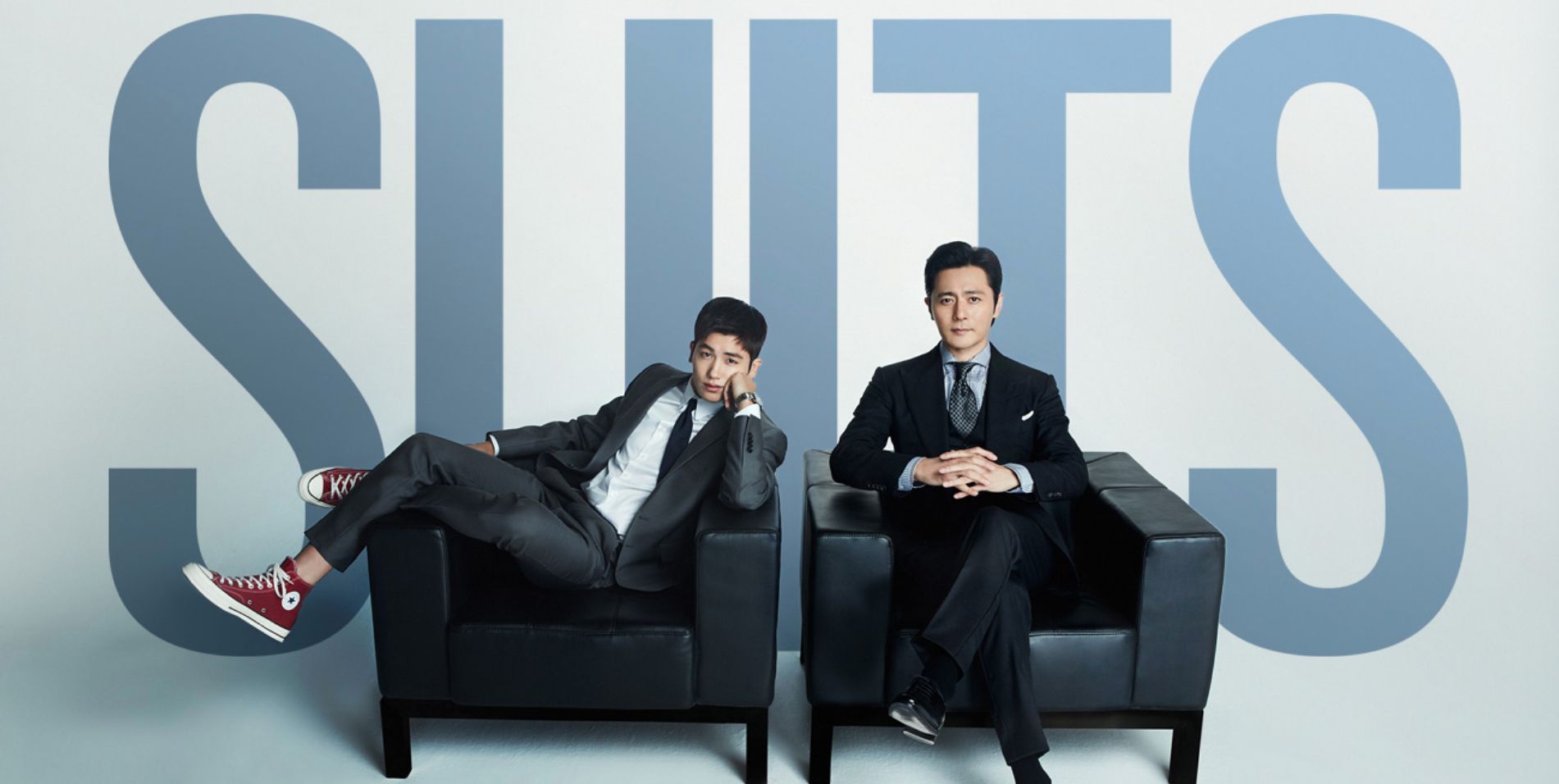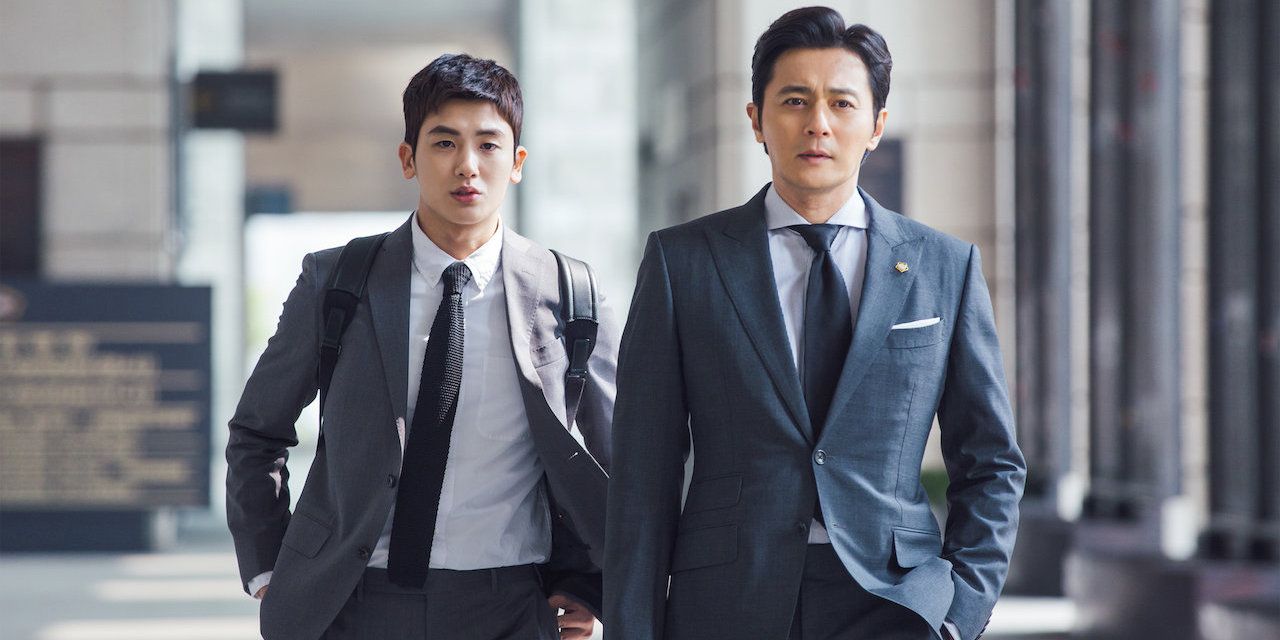Suits was a long-lived American legal drama that started in 2011, airing for eight years on the USA Network before finishing in 2019. It starred Patrick J. Adams as Mike Ross, a legal genius with a photographic memory, who is hired by high-powered attorney Harvey Specter (Gabriel Macht) to work at the law firm of Pearson-Hardman. Mike never went to law school, and his status as a "fraud" provided the spark that made the show more than just another legal drama. However, while Suits was initially successful, it plummeted in ratings as its later seasons dragged on, likely because it abandoned what made it successful in the first place.
The first season of Suits is witty and fast-paced, as Mike struggles to adjust to the cutthroat world of corporate law while also keeping his secret. The second season ups the ante by bringing back Daniel Hardman, a former managing partner of Pearson-Hardman. Hardman serves as a terrifying antagonist, one who would dog Mike and Harvey for nearly the rest of the series. But after that point, the show just loses something. Season 3 focuses largely on troubles with an overseas merger, and Season 4 has Mike leave the firm entirely to become an investment banker. There were beneficial aspects to both those seasons, but everything that came after lost them altogether.
So the best way to watch Suits is to leave it at its first two seasons. And that's what Korean producers must have had in mind when they adapted the show, seeing as the k-drama version adapts everything up until the end of the Daniel Hardman storyline. This version of Suits even manages to cut twenty-three episodes down to an even sixteen, taking advantage of knowing where the story is going to end up from the very beginning. The show's first episode begins with what is also its last scene, showing Harvey's Korean counterpart, Choi Gang-seok, visiting Mike's equivalent, Go Yeon-u, in prison.
That episode also does a lot of heavy lifting in establishing the show's themes. The first is the most straightforward, and is even summed up by the episode's title, "What determines the destiny is not a chance, but a choice." When Gang-seok is hiring Yeon-u, the deciding factor is not his intelligence (as it is in the American version) but instead how he takes responsibility for his actions. Yeon-u admits his dismal situation is a result of the poor choices he has made, and that is what convinces Gang-seok to take him on.
Another important theme of the show is shared weakness. In legal battles, winning is often a zero-sum game. You either win or you don't, and any loss on your opponent's part is a victory for you. Making sure you and your opponent "share a weakness" is an elegant way of describing compromise. It's about forcing your opponent into a situation where both sides can "win." Yeon-u demonstrates this in the show's second episode as he blackmails Gang-seok into keeping him on at the firm, which then inspires Gang-seok into doing the same to his own mentor.
This pairs neatly with the theme of destiny and choice. Yeon-u eventually chooses to hand himself over to the authorities, but in doing so, forces a compromise between him and the state prosecutor. His willing surrender is believable, and a fitting end to his story. In contrast, the American version of the show doesn't have Mike go to jail until the end of Season 5. This could have also been a fitting end for the show, but it goes on for another four seasons. The writers for the Korean adaptation knew where they were going from the very beginning, and it's that commitment to the overall narrative that makes the new version of Suits worth watching -- even over the original.



